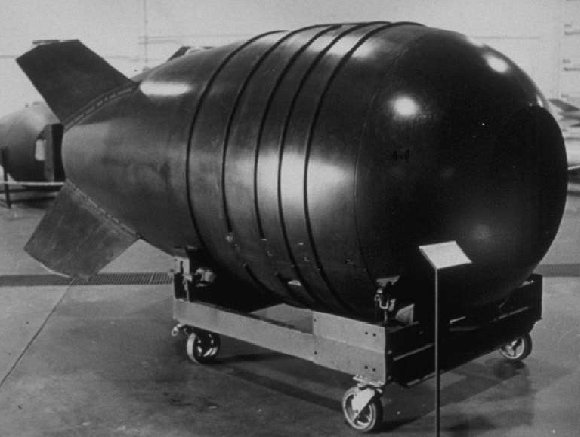
As President Donald Trump met with Supreme Leader Kim Jong-un for the third time at the end of June — becoming the first sitting US president to visit North Korea — the New York Times ran a piece suggesting the appearance of a new option on the proverbial table: A negotiated “nuclear freeze” rather than just another cycle of fruitless US demands for “de-nuclearization.”
The response from National Security Advisor John Bolton came swiftly via Twitter: “Neither the NSC staff nor I have discussed or heard of any desire to ‘settle for a nuclear freeze by NK.’ This was a reprehensible attempt by someone to box in the President.”
If Bolton and the National Security Council HAVEN’T discussed the possibility, they haven’t been doing their jobs. And if anyone’s being “boxed in” by having the idea called to public attention, it’s not Trump, it’s Bolton, who prefers saber-rattling theatrics for his hawkish friends on Capitol Hill to actually safeguarding the US.
There are really only two viable paths forward for improved US-North Korea relations.
One is for the US to start minding its own business: Withdraw US troops from and end all defense guarantees to South Korea, unilaterally lift sanctions on the North, and let the region work out its own problems without further American interference. Highly unlikely, at least for the moment.
The other is a “nuclear freeze” under which Kim keeps his existing nuclear arsenal but refrains from building more weapons, in return for sanctions relief and the US getting, and staying, out of the way of improving relations and closer ties between Pyongyang and Seoul.
That second option is eminently doable. It would cost the US nothing of real value. In fact, rightly handled, it would immediately reduce US “defense” outlays — a peace dividend, if we can keep the Military-Industrial Complex’s grubby hands off it.
Any US policy toward North Korea must account for two facts:
First, nuclear powers don’t give up their nukes. Only one, South Africa, has ever done so, and that regime didn’t face external foes on any large scale. North Korea has effectively been at war since the late 19th century, first against Japanese occupation, then against the South and the US from 1950 until now. Expecting Kim Jong-un to give up the ultimate deterrent to future invasions — by the US, by the South, by Japan, or even by current allies like China and Russia — is simply unrealistic. It’s not negotiable. The US knows it’s not negotiable. The only reason to even make the demand is to intentionally keep relations hostile.
Secondly, in the case of the United States, Kim has historical evidence as to what giving up his nukes might portend. He saw Iraq’s Saddam Hussein and Libya’s Muammar Gaddafi deposed and killed after they gave up their (never successful) nuclear weapons efforts. Kim would presumably prefer to remain alive and in charge.
A nuclear freeze agreement would not, in and of itself, produce peace. But it would be a giant step in that direction.
Thomas L. Knapp (Twitter: @thomaslknapp) is director and senior news analyst at the William Lloyd Garrison Center for Libertarian Advocacy Journalism (thegarrisoncenter.org). He lives and works in north central Florida.
PUBLICATION/CITATION HISTORY
- “North Korea Nuclear Freeze? Finally, a Realistic Proposal,” by Thomas L. Knapp, River Cities’ Reader (Iowa), 07/02/19
- “North Korea Nuclear Freeze? Finally, a Realistic Proposal,” by Thomas L. Knapp, OpEdNews, 07/02/19
- “North Korea Nuclear Freeze? Finally, a Realistic Proposal,” by Thomas L. Knapp, Antiwar.com, 07/03/19
- “North Korea Nuclear Freeze? Finally, a Realistic Proposal,” by Thomas L. Knapp, CounterPunch, 07/05/19
- “A nuclear freeze in North Korea is, finally, a realistic proposal,” by Thomas L. Knapp, Vancouver, British Columbia Sun, 07/07/19
- “North Korea Nuclear Freeze? Finally, a Realistic Proposal,” by Thomas L. Knapp, Ventura County, California Citizens Journal, 07/09/19
- “North Korea nuclear freeze? Finally, a realistic proposal,” by Thomas L. Knapp, Palm Beach, Florida Post [web and print], 07/15/19
- “North Korea Nuclear Freeze? Finally, a Realistic Proposal,” by Thomas L. Knapp, Seoul, Republic of Korea Times, 07/19
